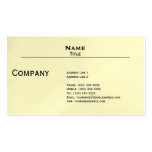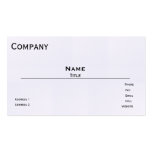Suggestions
Gather your information. If a person referred to an offshore account but never told you about it before she died, talk to her lawyer, local banker or investment manager for more information. Go through her records, files and papers thoroughly and see if you can find passbooks, deposit statements or other records. The more information you have, the better.
Learn the laws for the country in question. You need to know if the government closes the account after a certain period, and what it will take to prove your right to the account, if it exists. If you're the heir of the account holder, for instance, Swiss banks---which are classed with "offshore" banks because they offer the same level of secrecy---will want proof of the account holder's death and of your legitimate claim to the assets.
Contact the bank if you think you know which one it is. If you only know the country, see if they have a national system for searching banks. Swiss authorities can do a national search, if you provide plausible evidence that there's an account in a Swiss bank and that you have a claim on it. Websites such as caymanbankservices.com or swissbanking.org can provide you with names and addresses of banks in their country.
Tips
- If all else fails, there are online services such as bankaccountsearch.com that will undertake to look for you, for a fee.
- The FDIC recommends taking steps to avoid losing accounts: Keep all your financial records together so that you and your heirs can go over them easily. Make sure to close all bank accounts when you move or keep track of them if they stay open.
- Depending on the information you're working from, it's possible you'll track down the account and find that it was closed years ago.




 Eggshell (Textured) Business Card
Eggshell (Textured) Business Card



No comments:
Post a Comment